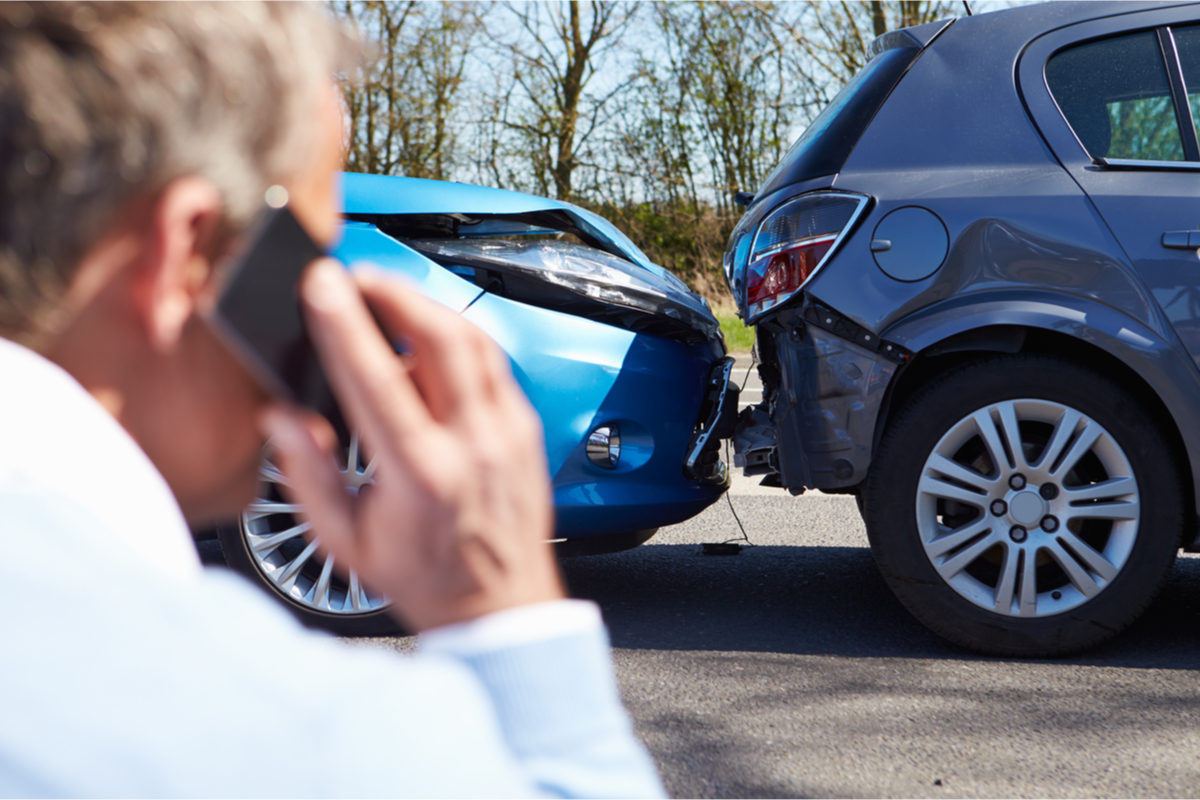When someone’s actions cause you damage, you have the right to invoke the law and hold that person accountable. Having the right to sue somebody who has acted in a way that has caused you damage is the civilized way of resolving your differences. But the right to sue is not an open-ended right.
Since being sued is quite an imposition on the person being sued, the threat of a lawsuit is not allowed to hang over the wrongdoer forever. The law gives people what is considered a reasonable amount of time to decide whether to file a lawsuit. That way, people who face being sued know what to expect and for how long.
Limiting the amount of time that a person has the right to sue also makes it more likely the damages claimed are from the accident involving the person being sued and not some intervening event.
Allan Berger & Associates encourage persons considering making claims after a car accident to contact a qualified personal injury attorney as soon as possible.
The Right to Sue for a Car Accident
The law in Louisiana says that anyone who damages another with their actions must repair the damage. People on either side of the damage rarely agree, so a formal process has evolved where rules are followed with the hope that a fair outcome is reached.
When a person gets into a car accident, they can experience both property damage and personal injuries. As long as the accident was mostly caused by someone else, the injured party has the right to make a claim and recover financial compensation from the at-fault party.
Statute of Limitations for Personal Injury Claims
A statute of limitation defines the time period during which certain legal action may be taken. For making personal injury claims in Louisiana, the statute of limitations is one year from the date of the accident or event giving rise to the claimed injuries.
The Louisiana personal injury statute of limitations is one of the most restrictive windows of time to sue in the United States. The majority of states have a two-year statute of limitations for personal injury claims. But some states have three, four, five, and even six-year periods during which injured parties can sue.
Exception When the Injured Party is a Minor
The one-year statute of limitations applies only to adults. If a child is injured in a car accident, the clock does not begin ticking until the child reaches 18 years. A four-year-old injured in a car accident has 15 (14 plus one) years in which to bring a lawsuit against the at-fault party.
Exception When the Cause of an Accident or Injury is not Readily Known
In common law, there is something known as the discovery rule. The discovery rule keeps the statute of limitations from running if the person making a claim could not have reasonably discovered the cause of an accident or the cause of an injury within the standard period of time.
The key to determining when the statute of limitations begins to run is at what point a claimant should have been aware of the right to sue. The point at which a claimant actually became aware of the right to sue is not automatically determinative.
For instance, a claimant that was badly injured when another driver failed to stop may not be aware at the time of the accident that the brakes on the other vehicle tend to fail when extreme pressure is applied for rapid stopping. If the manufacturer of the other driver’s vehicle doesn’t issue a recall because of the brakes until 18 months after the accident, the claimant may not reasonably have been aware of the possible claim against the vehicle manufacturer within the one-year time limit.
Exception When Multiple Parties are Liable Together
In certain situations, like when multiple vehicles are involved in one accident, there may be several at-fault parties. As long as a claimant brings a lawsuit against at least one of the parties within a year of the accident, it preserves the ability to make a later claim against another at-fault party after the statute of limitations has expired.
Exception by Agreement
A relatively recent change in Louisiana law allows parties to agree to extend the statute of limitations. Referred to as a tolling agreement, the party with the right to enforce the time limitation can agree to extend the period in one-year increments.
What Happens if You Try to Sue Too Late?
In most cases, if you try to bring a personal injury claim against someone for a motor vehicle accident that happened over a year ago and an exception does not apply, the responding party will claim that the statute of limitations has passed and your claim will be denied or dismissed.
There are very rare instances where a statute of limitations is extended when it would be unjust not to do so but those kinds of situations are very fact-specific and would need to be discussed with a personal injury attorney.
Don’t Risk Losing Your Right to Sue
A year may seem like plenty of time to some and not nearly enough time for others. When it comes to proving legal claims, it is better to file a claim earlier rather than later. Proving a claim becomes more difficult as more time elapses. Evidence becomes harder to collect because conditions change and memories fade.
Because the determination of fault is crucial to a claimant’s ability to recover, the best time to get started with a personal injury claim is as soon as possible after it happens and before the evidence is compromised by subsequent events.
The professionally recognized New Orleans car accident lawyers at Allan Berger & Associates have been helping injured clients get the compensation they are entitled to for more than 40 years. If you have been injured in a car accident, make sure your rights are protected. Call Allan Berger & Associates at 504-618-1596 or contact us here for a free case evaluation.








